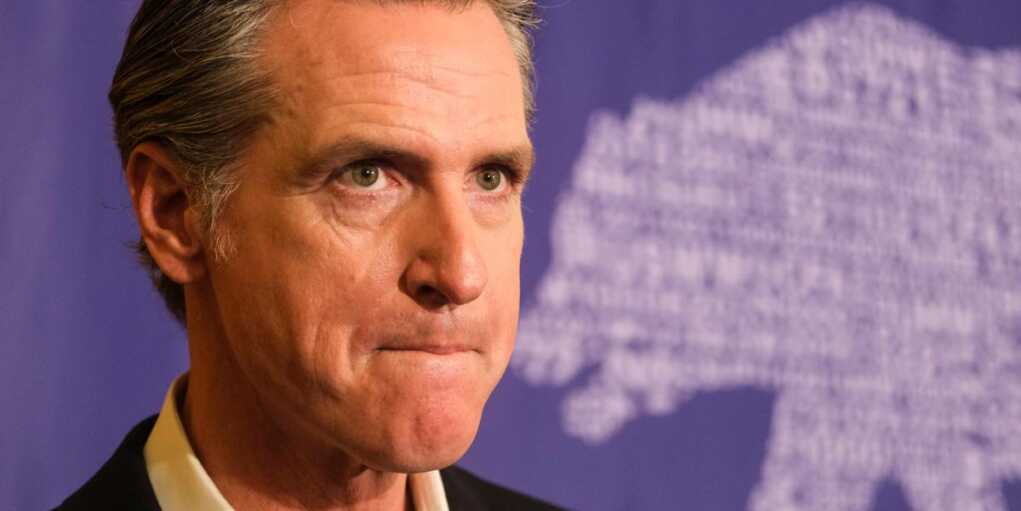Federal Judge Delivers Stunning Blow to Newsom’s Anti-Tariff Crusade

California Governor Gavin Newsom just hit a wall in his campaign against President Trump’s sweeping tariff policy. A federal judge has dismissed California’s high-profile lawsuit challenging the constitutionality of Trump’s global tariffs, delivering a major win to the Trump administration and signaling a deeper judicial battle ahead.
The ruling came from U.S. District Judge Jacqueline Scott Corley, a Biden appointee, who declared that California’s case didn’t belong in her courtroom. The Trump administration had requested a transfer to the U.S. Court of International Trade in New York, arguing that only that court had jurisdiction. But Judge Corley went even further—she didn’t transfer the case, she tossed it entirely.
That move opens the door for Newsom and California Attorney General Rob Bonta to appeal to the Ninth Circuit, but the dismissal is already a massive legal and political setback.
At the center of the lawsuit was California’s attempt to block Trump’s use of the International Emergency Economic Powers Act (IEEPA), which he invoked to impose what he dubbed “Liberation Day” tariffs. These included sweeping 10% duties and additional penalties targeting trade with China, Mexico—and, most controversially, California itself. Newsom and Bonta argued the tariffs violated the Constitution’s separation of powers, claiming the president overstepped by bypassing Congress.
Trump’s legal team countered that the tariffs were a lawful response to an economic emergency, citing trade imbalances and national security risks. Judge Corley didn’t weigh in on the substance of the argument—her ruling was strictly about where the case should be heard—but it represents a clear procedural win for the Trump White House.
The decision comes after two separate rulings last week in different jurisdictions that pushed back against parts of Trump’s tariff plan. A three-judge panel from the Court of International Trade and a D.C. District Court judge appointed by Obama both questioned the scope of Trump’s authority under IEEPA. That split among federal courts sets up the possibility of a larger showdown, especially if the Ninth Circuit reverses Corley’s ruling and greenlights California’s lawsuit.
Newsom, never one to back down from a high-profile legal brawl with Trump, quickly announced his intention to appeal. His office said, “It was dismissed on procedural grounds. We disagree—as did a federal court in D.C.—and have already appealed.”
The political stakes are high. Newsom has made the tariffs a centerpiece of his recent attacks on Trump, blaming them for economic turbulence in California, including what he claims is a $16 billion budget shortfall linked to disrupted trade. He has positioned himself as a national foil to Trump’s economic agenda as he builds his own political brand on the left.
But Corley’s ruling throws cold water on those ambitions. Instead of a legal slam-dunk against Trump, Newsom is now forced into a lengthy appeals process, starting with a liberal-leaning Ninth Circuit that might still swing his way—but with no guarantees. And even if California gets a favorable ruling there, the case is almost certain to head to the Supreme Court, where Trump’s influence looms large.
For Trump, this is yet another example of turning economic populism into a legal rallying cry. His team has consistently framed the tariffs as a necessary defense of American industry and a check on global manipulation, particularly from China and blue-state politicians like Newsom.
Whether the Supreme Court eventually weighs in or not, this case marks a sharp legal battle over the limits of presidential power—and a reminder that Trump’s policies still have deep roots in the federal system. For now, Newsom’s courtroom crusade has been derailed. But the war over tariffs, trade, and executive power is far from over.









